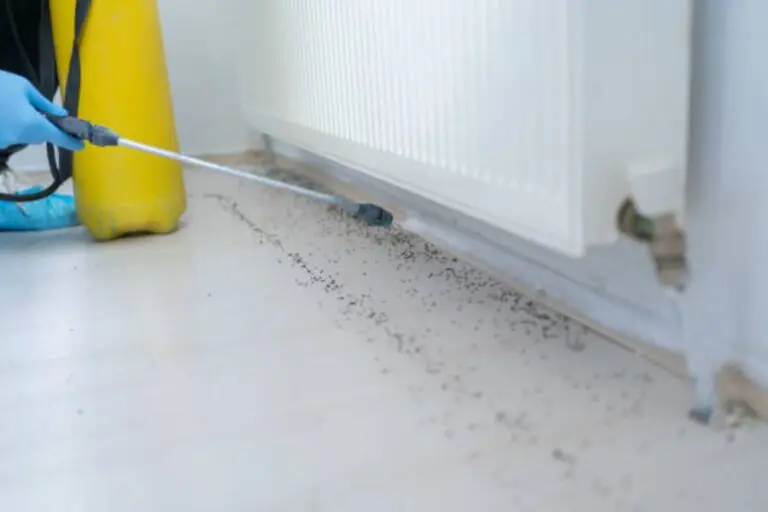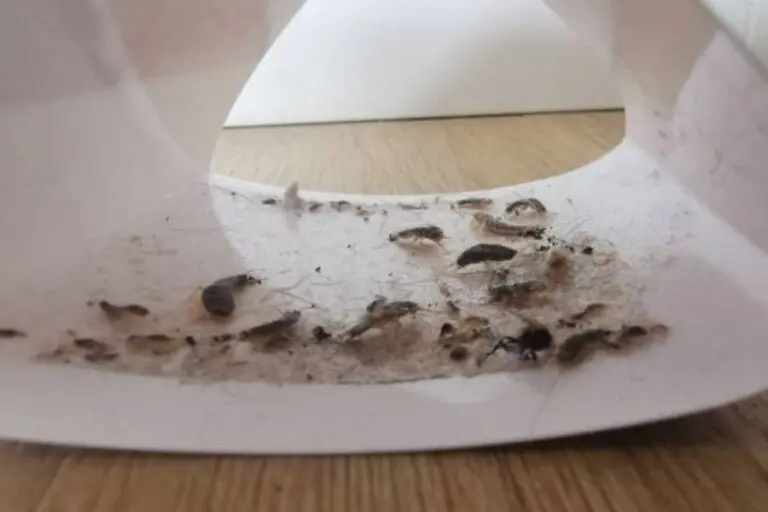Mice – Essential Information for Controlling and Preventing Infestations
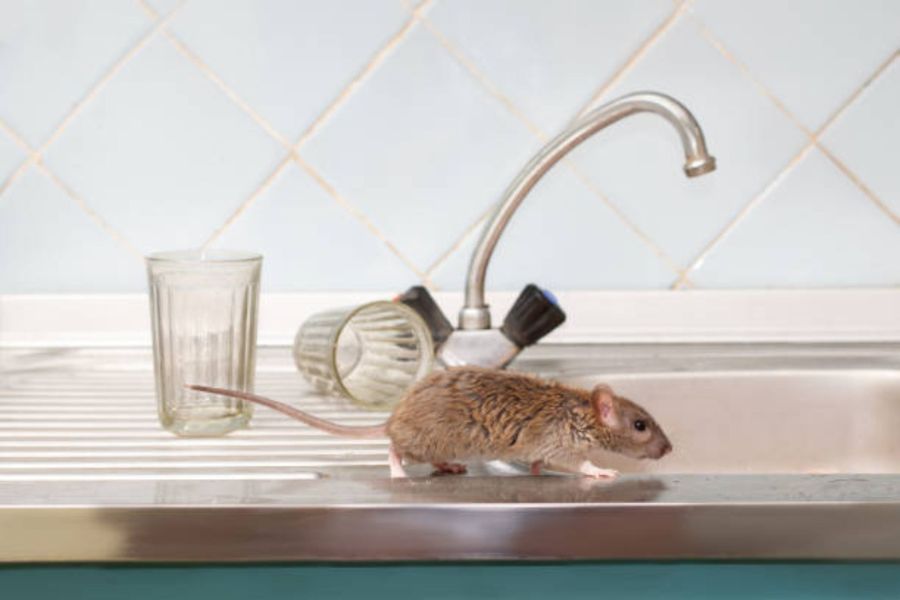
Mice, despite their unassuming appearance, are resilient creatures that can wreak havoc when they invade homes and businesses. Their ability to damage property, contaminate surfaces, and pose serious health risks to inhabitants is a testament to their adaptability. Whether you’ve spotted a single mouse or suspect a larger infestation, it’s crucial to understand how to identify, manage, and prevent these persistent pests effectively. This comprehensive guide equips you with the knowledge to deal with a mouse infestation and maintain a mouse-free property.
Why are Mice Considered Pests?
MIce is a highly adaptable rodent capable of squeezing through the tiniest holes, making it easy to enter homes and businesses unnoticed. Once inside, they create havoc, gnawing on wiring, insulation, wooden structures, and pipes. Mice are notorious chewers, and their constant need to gnaw—due to their ever-growing teeth—leads them to chew on anything in their path, including electrical wiring, which can result in fire hazards. They’re also known to damage insulation, skirting boards, floorboards, and even pipes, creating costly damage for property owners.
Apart from structural damage, mice are known carriers of disease. They leave droppings and urine in their wake, contaminating surfaces and food. Their droppings are small, dark, and rice-like; their urine can leave unpleasant, lingering odours. Diseases linked to mice include hantavirus, leptospirosis, and salmonella, making their presence a significant health risk. Understanding why mice are classified as pests helps underscore the importance of prompt and effective intervention.
How to Get Rid of Mice
There are multiple approaches to addressing a mice infestation, from DIY traps and poisons to calling in professionals. While commercially available traps and rodenticides may provide temporary relief, they are often insufficient for large or deeply rooted infestations. Here’s a breakdown of the available methods:
DIY Traps: Snap, glue, and live-catch traps are commonly used. Snap traps are effective for catching individual mice but may not address the entire infestation. Glue traps are generally less effective and pose ethical concerns, while live-catch traps allow for humane release but may need to be more practical for a large population.
Rodenticides: Poison baits are available commercially but must be used cautiously, as they can harm pets and children. Additionally, mice may die in inaccessible areas, causing odour issues and attracting other pests. It’s essential to follow all safety guidelines when using rodenticides.
Professional Pest Control Services: When it comes to a comprehensive approach to dealing with a mice infestation, hiring a professional pest control service is often the most secure choice. Pest control specialists are trained to identify entry points, target nesting areas, and eliminate mice using industry-approved methods. Their treatments can also include preventive measures to reduce the likelihood of re-infestation, providing long-term security for your property.
Common Areas Where Mice Are Found Indoors
Mice seek out spaces that offer food, warmth, and shelter, and they’re adept at finding hiding spots where they can nest and breed. Common areas where mice are often seen include:
Kitchens: Kitchens are a favourite nesting ground for mice, as they offer easy access to food. Mice often hide under sinks, behind appliances, and inside cabinets.
Basements and Attics: Basements and attics provide quiet, undisturbed spaces where mice can hide and breed. They can be challenging to monitor regularly, making them ideal for mouse activity.
Garages and Storage Rooms: These areas often contain stored items and clutter, which provide ample hiding spaces and protection from predators.
Inside Walls and Ceiling Voids: Mice can chew their way into wall cavities and ceiling voids, where they can travel undetected and create nests. This behaviour can be especially problematic in multi-story buildings.
Property owners can monitor these areas and catch infestations early by knowing where mice will likely reside.
Recognising Signs of a Mice Infestation
The signs of a mice infestation are often subtle initially but become increasingly apparent as the population grows. Here are critical indicators to watch for:
Noises at Night: Mice are nocturnal and most active at night. Listen for scratching, scurrying, or gnawing sounds from walls, ceilings, and floorboards.
Droppings: Mice leave droppings wherever they travel. Look for small, black, rice-shaped droppings, particularly near food storage, in cabinets, and along skirting boards.
Chewed Items: Mice chew on anything to keep their teeth filed down, including wood, plastic, insulation, and wiring.
Grease Marks: Mice leave greasy trails along walls and skirting boards as their fur picks up oils and dirt.
Unpleasant Odours: Mice’s urine leaves a strong, musty odour, particularly noticeable in enclosed spaces.
Nests: Mice build nests from shredded paper, fabric, and insulation. These are typically hidden in dark, secluded areas such as behind appliances or inside walls.
Early detection is key to managing a mouse infestation before it escalates. If you notice any of these signs, taking swift action such as calling a professional pest control service like Liverpool Pest Control can provide a proactive and effective solution.
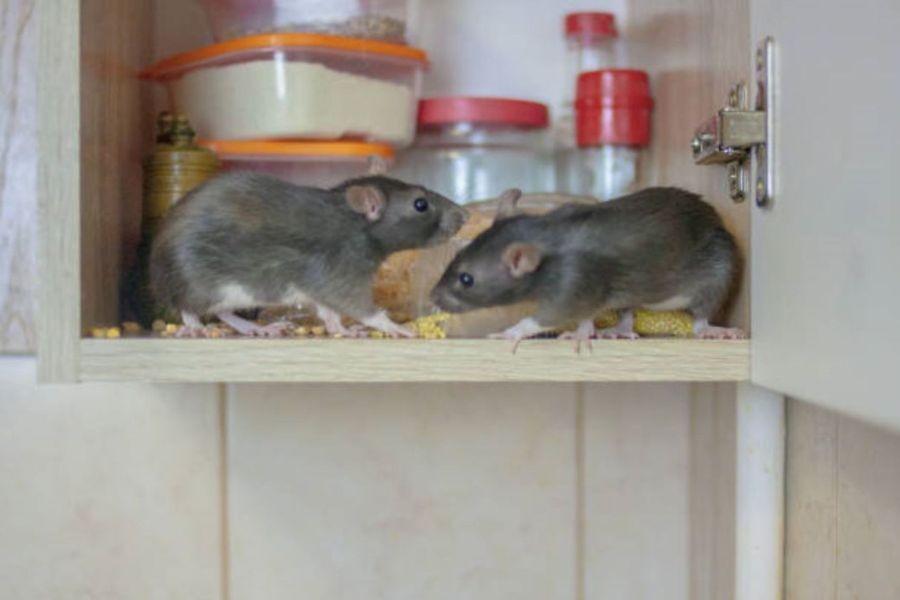
Handling a Mice Infestation Effectively
When facing a mice infestation, taking the proper steps can make a big difference in the success of the control efforts. Here’s a recommended course of action:
Contact a Professional: DIY methods may control individual mice but are rarely adequate for large infestations. A professional service can assess the severity of the infestation and implement targeted treatments.
Reduce Food Access: Store all food in airtight containers and promptly clear away crumbs, spills, and pet food. Removing food sources reduces the appeal of your property to mice.
Seal Entry Points: Mice can enter through gaps as small as 6 millimetres, so it’s essential to identify and seal all potential entry points. Pay close attention to areas around doors, windows, and utility pipes.
Sanitise Affected Areas: After a mice infestation, thoroughly clean and disinfect all affected areas. Use gloves and a mask when cleaning, as mouse droppings can carry harmful bacteria.
Implement Preventative Measures: Preventive actions such as sealing entry points and maintaining cleanliness can help keep your property free of mice in the future.
Important Facts About Mice
Understanding the habits and characteristics of mice can help you better manage infestations:
Rapid Reproduction: Female mice reach reproductive maturity at around six weeks and can produce a new litter every three weeks, up to 14 young per litter.
Disease Transmission: Mice can carry over 200 diseases, including hantavirus and leptospirosis. These diseases can be spread through droppings, urine, and saliva.
Food Consumption: Mice are greedy and often eat small amounts throughout the day. They prefer grains, nuts, fruits, and seeds but will eat almost anything if food is scarce.
Lifespan: In the wild, mice typically live between four and twelve months. In protected environments, such as homes or businesses, they can survive longer due to stable food sources and fewer predators.
With their rapid reproductive rate, a single mouse sighting can quickly escalate into a full-blown infestation. Being proactive is essential.
Prevention Tips to Keep Mice Away
Prevention is crucial for keeping mice out of your property. Here are some effective strategies to deter these pests:
Inspect Your Property: Regularly check for gaps, cracks, and other openings mice could use to enter. Seal all entry points with steel wool or caulk.
Maintain Cleanliness: Mice are attracted to food crumbs and spills. Keep your property clean, especially in the kitchen and food storage areas.
Dispose of Waste Properly: Use bins with secure lids, and dispose of waste regularly to avoid attracting mice. Store garbage away from the building if possible.
Secure Doors and Windows: Check the seals around doors and windows. Add weather stripping to eliminate any gaps.
Garden Maintenance: Trim bushes, trees, and hedges around the property to reduce pathways that mice can use to access your building.
Limit Outdoor Attractions: Remove bird feeders, fallen fruit, and pet food that may attract mice. These sources encourage rodents to stay close to your property.
Store Firewood Away from the House: Firewood should be stored away from the foundation, as piles can serve as hiding spots for mice.
Following these steps can make your property less attractive to mice, minimising the risk of future infestations.
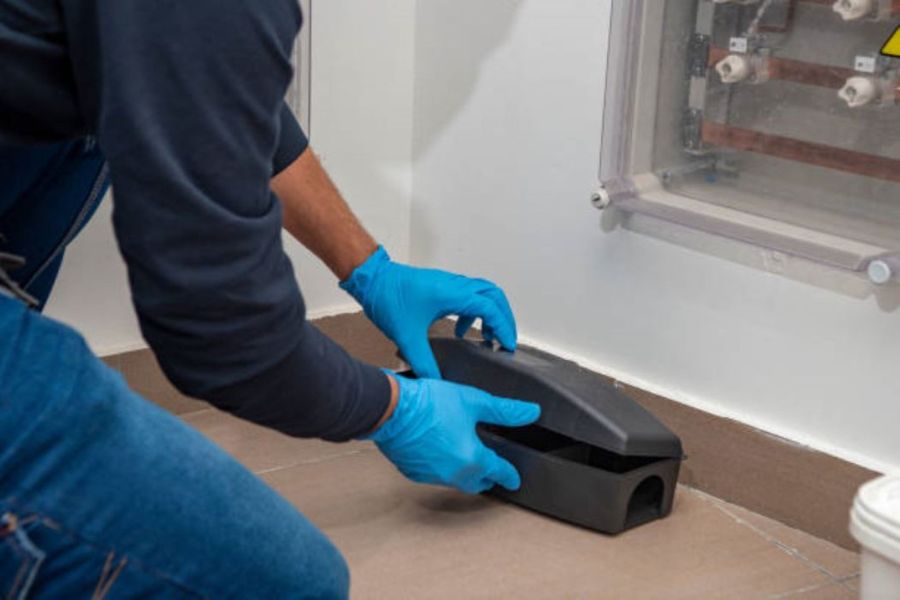
Around-the-Clock Pest Control Services
Mice infestations don’t follow a set schedule, and neither does GoKill Pest Control. Our expert team is available 24/7 to assist with mice-related issues. Whether it’s a late-night sighting or signs of infestation during the day, help is just a call away.
Who is Most at Risk of a Mice Infestation?
Certain types of properties are more susceptible to mice infestations. Restaurants, cafes, grocery stores, and other food establishments are especially at risk due to abundant food sources. Homes with gardens, trash accumulation, or structural vulnerabilities are also highly susceptible. Apartments and shared buildings can spread infestations if one unit is affected, making these properties more vulnerable.
Whether you own a business or manage a household, addressing a mouse problem quickly and implementing the proper preventative measures can help keep your property safe and healthy. GoKill Pest Control assists with mice-related issues, ensuring your space remains mouse-free year-round.
A mice infestation can escalate quickly if left unaddressed. Understanding the risks, identifying early signs, and taking preventive steps can make all the difference in keeping your property secure from these invasive pests.

